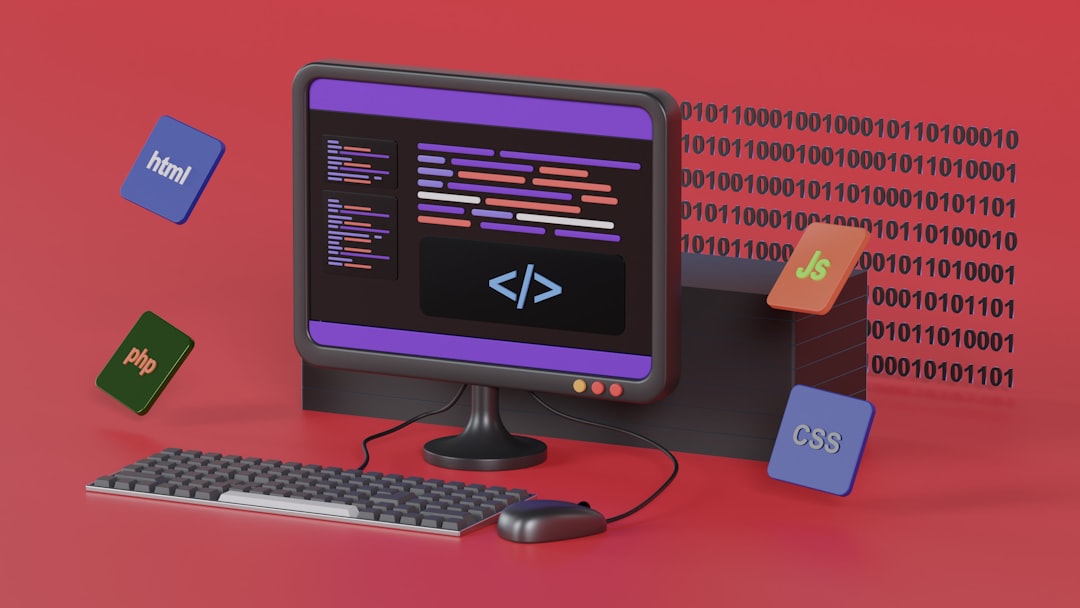In today’s fast-paced software development world, time is everything. Developers are constantly looking for ways to improve their efficiency and reduce repetitive tasks. Artificial Intelligence (AI) coding assistants have stepped into the spotlight as essential tools—transforming the workflow of millions of professionals. According to recent surveys, these tools have helped developers save over 15 hours each week, significantly reducing burnout and allowing more time for creative problem solving and architecture design.
This article explores the top 7 AI coding assistants that have made the most impact in 2023 and 2024. Whether you’re an individual developer, part of a growing startup, or embedded in an enterprise development team, these tools are shaping the way modern code is written, tested, and maintained.
1. GitHub Copilot
Arguably the most recognized AI coding assistant, GitHub Copilot is powered by OpenAI’s Codex model. Integrated directly into Visual Studio Code, JetBrains IDEs, and other popular development environments, Copilot suggests whole lines or blocks of code based on natural language comments or typed code snippets.
- Key Features: Real-time code suggestions, multi-language support, entire function generation
- Best For: Developers looking for tight integration with GitHub and common IDEs
- Estimated Time Saved: 15–20 hours/week
Whether you’re building a full-stack web application or creating complex backend systems, Copilot has proven to cut down on boilerplate code and drastically smoothen the development process.

2. Tabnine
Tabnine has evolved considerably from its early days and now offers robust AI-powered code completions that support over 30 programming languages. What makes Tabnine unique is its focus on privacy and security—it can be deployed locally or in private cloud environments, making it an excellent choice for enterprises with sensitive data.
- Key Features: Local AI model support, team collaboration options, IDE plugins
- Best For: Teams needing secure environments
- Estimated Time Saved: 12–18 hours/week
Many companies in finance, healthcare, and government sectors favor Tabnine for its strong compliance capabilities and reliable performance.
3. Amazon CodeWhisperer
Amazon’s foray into AI-assisted development, CodeWhisperer, brings powerful machine learning insights into the AWS ecosystem. Not only does it assist with code suggestions, but it also helps flag security vulnerabilities and ensures adherence to best practices.
- Key Features: AWS integration, security scanning, context-based suggestions
- Best For: Developers using AWS services
- Estimated Time Saved: 10–17 hours/week
CodeWhisperer is particularly well-suited for cloud-native development, offering tight integration with AWS Lambda, S3, and EC2 services.
4. Codeium
Codeium is a free and increasingly popular AI coding assistant that supports over 70 programming languages. It is known for being fast, lightweight, and very friendly for educational and startup environments. Developers appreciate its generous free tier and real-time code completions.
- Key Features: Broad language support, fast response time, versatile IDE compatibility
- Best For: Students, freelance developers, and startups
- Estimated Time Saved: 10–15 hours/week

Thanks to its ease of use and rich feature set, Codeium is becoming a go-to for coders who want a powerful AI assistant without licensing constraints.
5. Replit Ghostwriter
Replit, the all-in-one online IDE, introduced Ghostwriter to help users of all skill levels accelerate their development cycles. It provides intelligent completions, bug detection, and even natural language explanations of code, making it ideal for learning as well as professional work.
- Key Features: Natural language coding, in-browser IDE support, collaborative editing
- Best For: Educational contexts and collaborative teams
- Estimated Time Saved: 8–13 hours/week
Ghostwriter has been praised for making development accessible to newcomers while also supporting advanced use cases, such as prototyping full applications quickly.
6. IntelliCode by Microsoft
For developers using Visual Studio and Visual Studio Code, IntelliCode is an AI-enhanced coding assistant designed to make smart suggestions based on real-world code patterns from thousands of open-source projects.
- Key Features: Team-based learning, GitHub insights, context-aware coding
- Best For: Microsoft ecosystem developers
- Estimated Time Saved: 7–12 hours/week
One of IntelliCode’s strengths is its custom model training, which learns from your own code repositories and offers recommendations specifically tailored to your coding practices.
7. Kite (Legacy)
Although no longer actively maintained as of late 2022, Kite was among the pioneers of AI-powered coding assistants. Many developers still use its offline-capable models and note how it jumpstarted an entire generation of intelligent developer tools.
- Key Features (when active): Python-focused completions, offline capability, cloud-respecting data model
- Best For: Developers maintaining legacy systems or private offline environments
- Estimated Time Saved (past): 5–10 hours/week
Kite’s impact lives on in how it reshaped the expectations users have from modern AI development tools and inspired other platforms to push for both speed and privacy.
How These Tools Are Changing the Industry
The adoption of AI coding assistants has fundamentally changed the way developers approach software problems. Here are some of the overarching benefits these tools have delivered:
- Reduced Boilerplate Coding: Automating routine code structures, reducing mental fatigue
- Faster Debugging: Many AI tools can identify and fix issues before running the program
- Enhanced Learning Curves: Beginners use these assistive features to understand language syntax and project structure in real time
- Improved Collaboration: Smart suggestions and real-time feedback enhance team coding sessions
According to research by Stack Overflow and GitHub, developers with access to these tools completed projects up to 45% faster compared to those who didn’t. Furthermore, companies adopting AI coding assistants observed improved employee satisfaction and onboarding experience for junior developers.
Conclusion
AI coding assistants have become more than just helpful tools—they are now essential companions in modern software development. The top 7 assistants highlighted in this article have consistently helped developers save over 15 hours per week, providing not only improved productivity but also better code quality and team collaboration.
As the landscape continues to evolve, we can expect these tools to become even more intelligent, responsive, and specialized. Developers who embrace these AI companions today are better prepared for the future of work, where automation and human creativity go hand in hand.

Whether you’re trying to meet tighter deadlines, mentor junior talent, or reduce the burden of repetitive coding, adopting one or more of these AI assistants could be the smartest decision you make this year.
